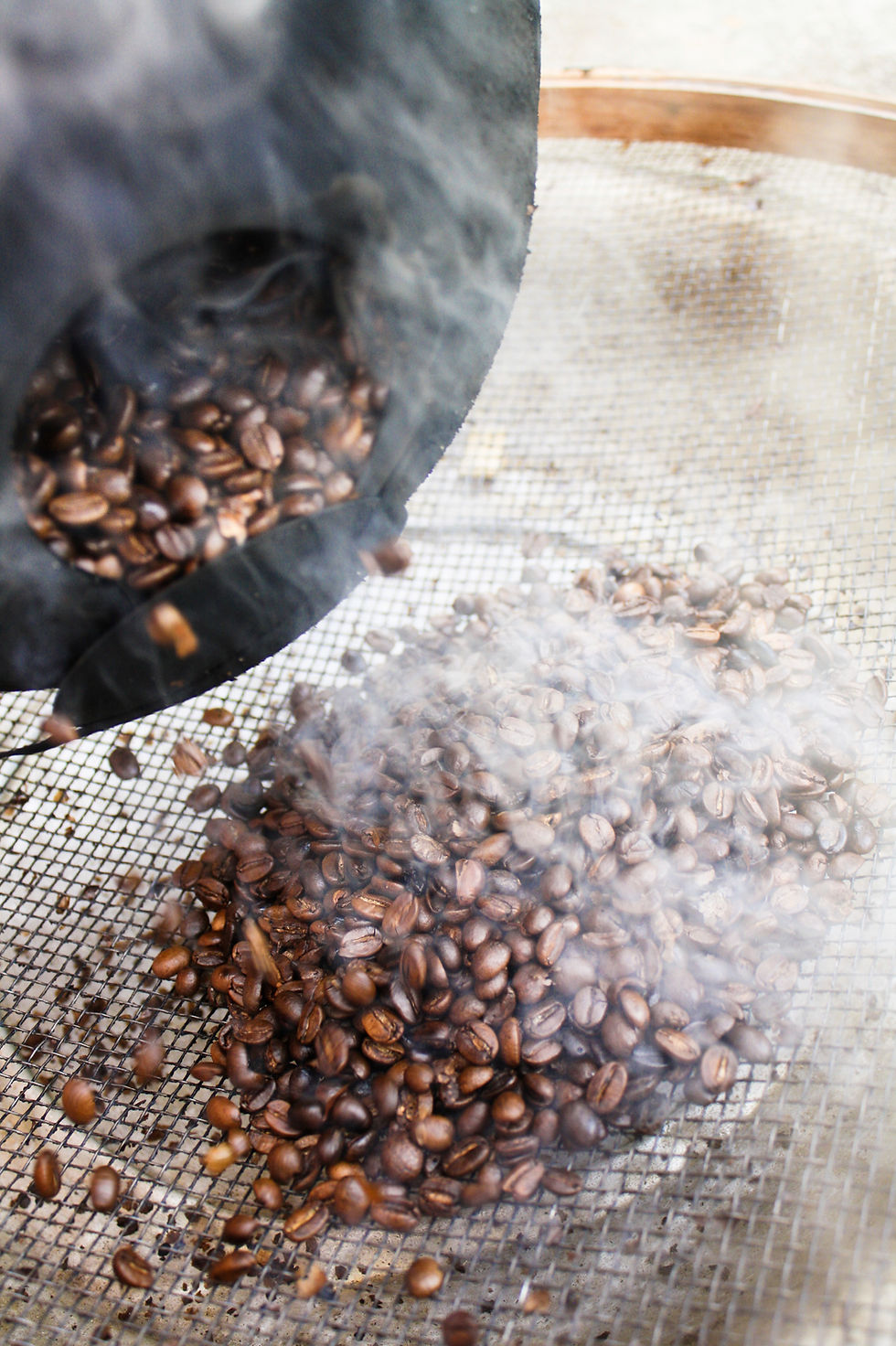Why coffee futures are tanking
- Matthew D. Davis, CFP®, APMA®
- Feb 11, 2020
- 2 min read

You wouldn’t know it by going to a coffee shop but coffee prices are actually freefalling. In the L.A. coffee shop that I frequent, an espresso costs $4.11, including taxes. I have it in mind to explain to them that the wholesale cost of their coffee should be low enough that they should pleasantly pass those savings on to the consumer - wishful thinking. But what are coffee futures and why are prices falling?
Coffee is the world’s second most traded commodity, after oil, and far before it arrives in your cup, wholesale prices are determined often months in advance through the futures market. By pricing out coffee before it’s cultivated and processed, it establishes security and stability in the supply-chain and limits disruption due to unforeseen conditions, such as bad weather. A futures transaction is when a buyer can lock in a price for coffee month(s) in advance and then opt to take delivery when the futures contract is up and pay only the price at the time the contract was formed. It can be a deal if prices suddenly go up as the purchaser won’t be impacted. Most transactions are made by commodity traders and delivery is rarely taken, but always an option. These traders’ main function is to absorb wild swings in prices, and often profit from these swings while helping farmers, suppliers, and buyers maintain price stability. Controversy stirs when traders are the cause for price swings, but that’s another story.
The Barclays iPath Bloomberg Coffee index “JO” is the tradable ETF that reflects the coffee futures index and dates back since January 2018. Trailing one year return was -15.4% with the latest sudden decline of 30% in the last two months.
China only consumes 2% of global coffee but is the latest player in the coffee market. The coronavirus has impacted all commodity prices, including coffee, but also notably oil and copper. These are for sure signs that global trade is slowing and growth is therefore contracting. You wouldn’t know it from looking at the U.S. stock market however, which is largely driven by stock buy-backs, excess global liquidity and easy access to credit, and the realization that stocks are a relatively safe storage of investors’ assets.
Retail coffee is big business. The latest notable transactions were Nestle buying Blue Bottle for $425m in 2017, Coca-cola bought Costa Coffee for an estimated $5b in 2018, and Petes went private for almost $1b in 2012.
Although futures prices on the underlying commodity may be dropping, the premium paid on coffee shops and related products continues to show strength.
At Eureka Wealth Management, I incorporate global research with clients’ investment strategy and will adjust portfolios depending on opportunities or risks that evolve in the market. I also do retirement planning, insurance, and tax & estate strategies. Call for a free initial consultation at (760) 537-0791 or online at eurekawealthmanagement.com.
Sources
Financial Times 2/5/20 “Why coffee has been caught up in the coronavirus sell-off”


